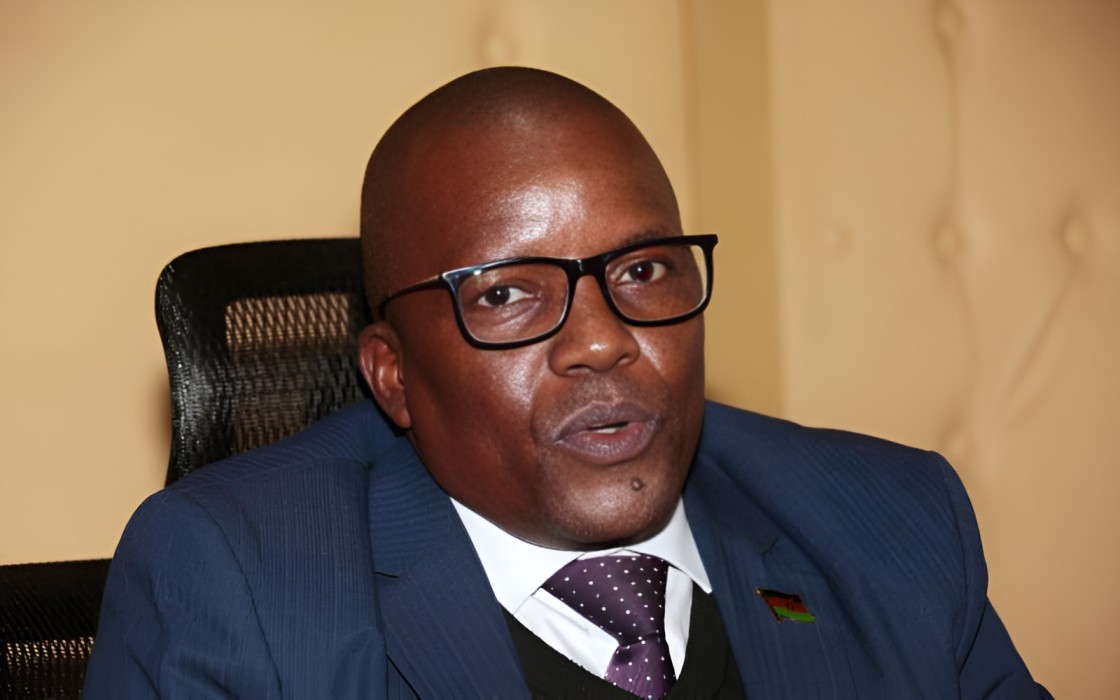Govt helpless on Aviator ban, eyes stricter betting rules

Appearing before the National Assembly’s Finance and National Planning Committee, Betting Control and Licensing Board (BCLB) CEO Peter Mbugi explained that the intellectual property rights to Aviator are held by SPRIBE, a company based in Warsaw, Poland.
Kenya’s betting regulator has told lawmakers that the government cannot ban the controversial Aviator betting game because it is registered and operated outside the country.
Appearing before the National Assembly’s Finance and National Planning Committee, Betting Control and Licensing Board (BCLB) CEO Peter Mbugi explained that the intellectual property rights to Aviator are held by SPRIBE, a company based in Warsaw, Poland.
He noted that although Aviator was developed by SPRIBE, other developers have since produced similar variations that have also gained popularity.
“The Aviator has swiftly risen to prominence as one of the most sought-after gambling games globally,” Mbugi said.
He added that the game’s appeal stems from how it is marketed and enhanced across platforms, saying global betting operators continue to improve the experience with added features and attractive bonuses.
The committee is currently probing betting and gambling companies as part of efforts to address a growing crisis that MPs say is severely affecting young people across the country.
Gilgil MP Martha Wangari raised the issue in Parliament, questioning Aviator’s legal status and expressing concern about its widespread promotion by local media.
In her statement, Wangari said the game is being heavily advertised to the extent that it is now harming families in both rural and urban areas. She also said the game’s appeal extends beyond youth, with older men and women also getting hooked.
MPs raised alarm over growing reports of students using school fees to gamble and parents risking their life savings. At the same time, the BCLB presented fresh proposals aimed at controlling the growing number of betting operators, including new licensing rules and higher registration fees.
According to the proposals, small betting shops—commonly known as Muaka—will be required to invest a minimum of Sh50 million to operate. Larger public gaming operators such as casinos will need Sh5 billion in capital if lawmakers approve the changes.
Mbugi said this would help reduce the current number of betting companies, which stands at 236. He added that applicants would now have to submit a photo of themselves holding their national ID card to register a gambler, a move aimed at boosting accountability.
The regulator also wants to tighten licensing rules and raise capital thresholds to block speculative market entrants and protect consumers. “For a small-scale betting shop (Muaka), the BCLB is proposing a minimum capital investment of Sh50 million,” Mbugi told MPs.
“For public gaming operators like casinos, the draft proposed Bill aims to raise the requirement to Sh5 billion.”
He also told the committee, chaired by Molo MP Kuria Kimani, that the regulator has flagged 106 illegal gambling websites in coordination with the Communications Authority.
Mbugi said the government has now embarked on a crackdown on gambling similar to its approach with alcohol and tobacco, noting the serious social effects linked to gambling addiction.
“We have controlled gambling advertisement in the media, which is one of the factors contributing to the increase in gambling activity,” he said.
Going forward, Mbugi said gambling advertisements must first be approved by the Kenya Film Classification Board and treated as adult content only to be aired beyond watershed hours. He added that such adverts must not glamorise gambling and must carry warnings like, “Gambling is Addictive!” or “Gamble/Play responsibly.”
He said the regulator had also banned outdoor gambling ads and discouraged jackpot promotions, bonuses, discounts, free bets, and internet-based free gambling.
In addition to regulating the industry, Mbugi told MPs that the government has collected Sh96.7 billion in taxes from betting firms over the last seven financial years.
In the current 2023/2024 period, tax revenues from betting have reached a record high of Sh22.3 billion, with Sh14.5 billion collected by January 2025 alone.
Despite this revenue, Mbugi noted that the board is still working under outdated laws established in 1966 and called for urgent legal reforms.
Betting companies in Kenya currently face multiple taxes, including a 15 per cent excise tax on stakes, a 20 per cent withholding tax on net winnings, and a 50 per cent betting and gaming tax.
These firms are taxed based on gross gaming revenue—calculated as total turnover minus winnings paid out—and are also subject to corporate tax on their profits.
